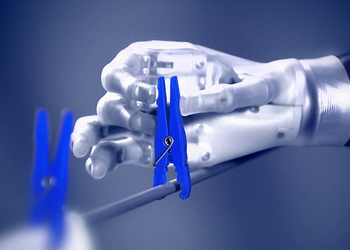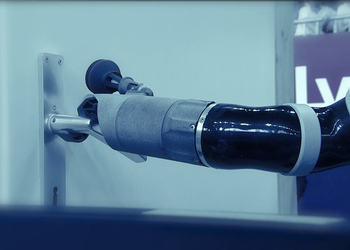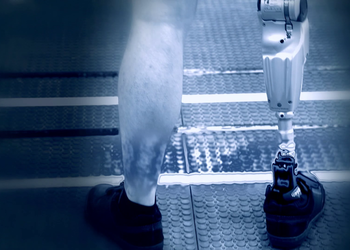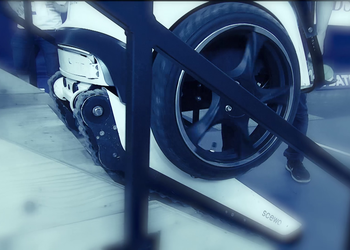
Programme of the CYBATHLON Challenges in March 2023
The CYBATHLON Challenges offer development teams the opportunity to involve people with disabilities in their development process from the very beginning and to test their assistance systems in a competitive situation. The Challenges is of course the build-up on the Road to 2024, the CYBATHLON global edition, which is to take place in October 2024.
The Streams of the CYBATHLON Challenges are hosted and commented on by Nick Fellows and co-commentated on by Christian Bermes, Chiara Basla, Patrick Pfreundschuh, Robert Riener and Adrian Esser.
Live Stream On
























